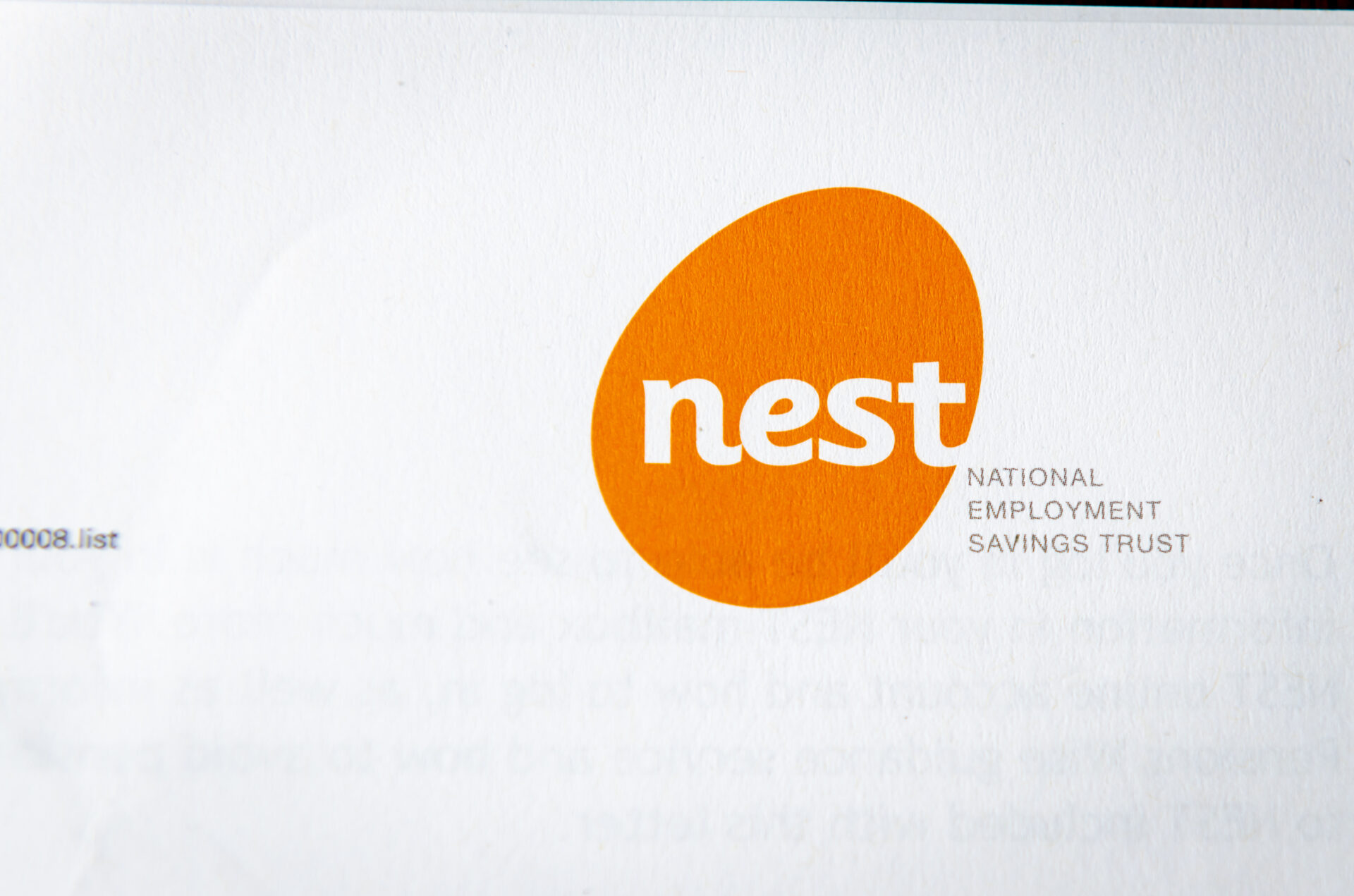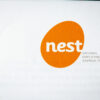45% of Brits said not planning for retirement was their biggest financial regret, according to Aqua’s 2024 Financial Learnings and Mistakes report for 2025.
The survey found that 46% of people felt more confident about their finances in 2025 than last year, even as stress and anxiety levels increased among some groups.
20% felt stable, 16% content, and 12% happy with their financial situation, but 10% felt anxious and 9% said they were stressed.
The research showed that among those who had made a financial mistake, 40% said credit card debt was their biggest regret, with 38% blaming overspending.
34% admitted to losing money on the crypto or NFT hype.
Only 22% of adults said they had never made a financial mistake.
A low credit score was a concern for many, with 37% saying they had or have had a bad credit score.
14% said this made them worried about the future and 13% felt stressed.
After improving their credit score, 23% felt relief and 17% felt more in control.
Sharvan Selvam, commercial director at Aqua, said: “Improving your credit score might not always be top of mind, but it plays an important role in helping you reduce financial stress.
“It’s incredibly encouraging to see so many people feeling more empowered and confident as a result of taking steps to boost their credit score, and that nearly a quarter of those we surveyed expressed a sense of pride in doing so.
“Building a stronger credit score is possible with small steps such as making credit repayments on time, which can be made easier by setting up a direct debit or repayment reminders.”
Additionally, the report found that 17% of Brits wished they had learned about investing and retirement planning sooner.
Among younger adults, financial advice habits are changing.
67% of 25-34 year olds and 53% of 21-24 year olds now use AI tools like ChatGPT for financial guidance, compared to just 10% of those aged 55 and over.
22% of 21-24 year olds turn to social media for advice, more than those who go to banks or professional advisers.
Friends and family remained the most common source of guidance, used by 18% of respondents.

















